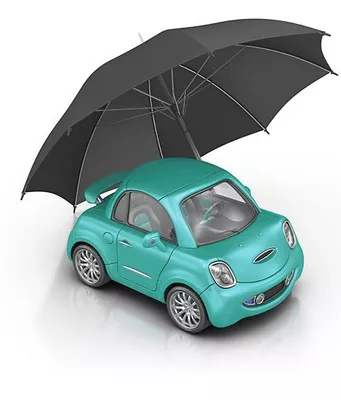Insurance is a necessary part of life for many people, and car insurance is no exception. In fact, in most countries, it is mandatory to have some form of car insurance in order to operate a motor vehicle legally. There are several different types of car insurance policies, each with its own set of benefits and drawbacks. One type of car insurance that many people may not be familiar with is IPT, or Insurance Premium Tax.
What is IPT?
IPT, or Insurance Premium Tax, is a tax that is levied on insurance premiums in the United Kingdom. It is a tax that is charged by the government and is added to the cost of your insurance premium. The current rate of IPT in the UK is 12%, although this can vary depending on the type of insurance you are purchasing.
Why do we need IPT?
The main reason that IPT exists is to generate revenue for the government. The money generated from IPT is used to fund public services such as healthcare, education, and infrastructure projects. IPT also helps to ensure that everyone in the country pays their fair share of taxes, including those who may not pay income tax.
How does IPT affect car insurance?
When you purchase car insurance, the cost of the policy will include the cost of IPT. This means that you will be paying a tax on top of the premium you are already paying for your insurance. The amount of IPT you pay will depend on the type of insurance policy you are purchasing, and how much the premium costs.
It is worth noting that IPT is only charged on the insurance premium itself, and not on any additional charges or fees that may be included in the policy. For example, if you have an administration fee or a charge for paying by instalments, these charges will not be subject to IPT.
Types of car insurance policies that are subject to IPT
Not all types of car insurance policies are subject to IPT. However, the following types of policies are subject to the tax:
1. Comprehensive car insurance
Comprehensive car insurance is the most common type of car insurance policy in the UK. It covers you for damage to your own car, as well as any damage you may cause to other people’s property or vehicles.
2. Third-party, fire and theft car insurance
Third-party, fire and theft car insurance covers you for damage you may cause to other people’s property or vehicles, as well as theft or fire damage to your own vehicle.
3. Third-party only car insurance
Third-party only car insurance is the most basic type of car insurance policy you can have. It covers you for damage you may cause to other people’s property or vehicles, but does not cover any damage to your own vehicle.
Types of car insurance policies that are exempt from IPT
There are some types of car insurance policies that are exempt from IPT. These include:
1. Motor trade insurance
Motor trade insurance is a type of insurance policy that is designed specifically for businesses that operate within the motor trade industry. This type of policy covers businesses for things like road risks, liability claims, and damage to stock or equipment.
2. Fleet insurance
Fleet insurance is a type of insurance policy that is designed for businesses with multiple vehicles. It covers all the vehicles owned by the business under one policy, which can be more cost-effective than insuring each vehicle individually.
3. Temporary car insurance
Temporary car insurance is a short-term insurance policy that provides cover for a period of between one day and 28 days. This type of policy is useful if you need to borrow someone else’s car, or if you are going on a road trip and need additional cover for a short period of time.
Conclusion
In conclusion, IPT is a tax that is levied on insurance premiums in the United Kingdom. It is charged by the government and is added to the cost of your insurance premium. The amount of IPT you pay will depend on the type of insurance policy you are purchasing, and how much the premium costs. While not all types of car insurance policies are subject to IPT, it is important to be aware of the tax and how it may affect the cost of your car insurance policy.


